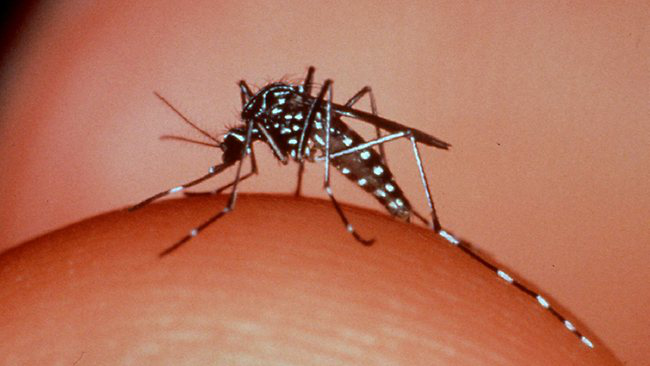Effects of Mosquito Saliva in Human Immune system
Mosquitoes play a major role in bringing the high risk of serious diseases that are transmitted by their bite. These mosquitos generally take the blood meal and inject the parasite in the skin of the host as this increase the severity of the disease they transmit. During blood feeding, blood-sucking mosquitoes inject saliva into the bodies of their source of blood. This saliva serves as an anticoagulant without it one might expect the female mosquito's proboscis to become clogged with blood clots.
Generally, Mosquito saliva has a very complex concoction. Many of which have unknown function. Mosquito saliva also contains enzymes that aid in sugar feeding, and antimicrobial agents to control bacterial growth in the sugar meal. The composition of mosquito saliva is relatively simple, as it usually contains fewer than 20 dominant proteins.

This protein produces numerous effect on the immune system as the result the number of immune system cells affected is much larger. This immune response may be detected even until 7 post bite days. The mosquito saliva contains proteins that are immunogenic to humans, and some allergic responses can be very severe as this saliva are immunogenic and may enhance the pathogenicity.
Mosquito saliva is known to enhance the ability of the mosquito to locate a blood source and to inhibit hemostasis by any of several mechanisms. After the first blood meal ,the salivary gland protein content was replenished over for the next 14 days in which 17 proteins out of 19 increases in amount again whereas the two exception SN4 and SN 16 which remains unidentified during the time prior to the second meal.
During the second meal, the Comparison of the amount of each protein revealed statistically significant depletion of the protein spots with the exception of SN11, SN15 and SN18 and the remaining 14 salivary gland proteins are predicted to accompany the sporozoites from the infected mosquito. As this practice shows the changes in the total salivary gland protein profile of the first and second meal of various mosquito species. A chance of successful blood feeding of female mosquitoes depends on the efficiency of alteration of the host haemostatic response in the inflammatory, and immune systems
Visit us: goo.gl/gx6Gnn
Comments
Post a Comment